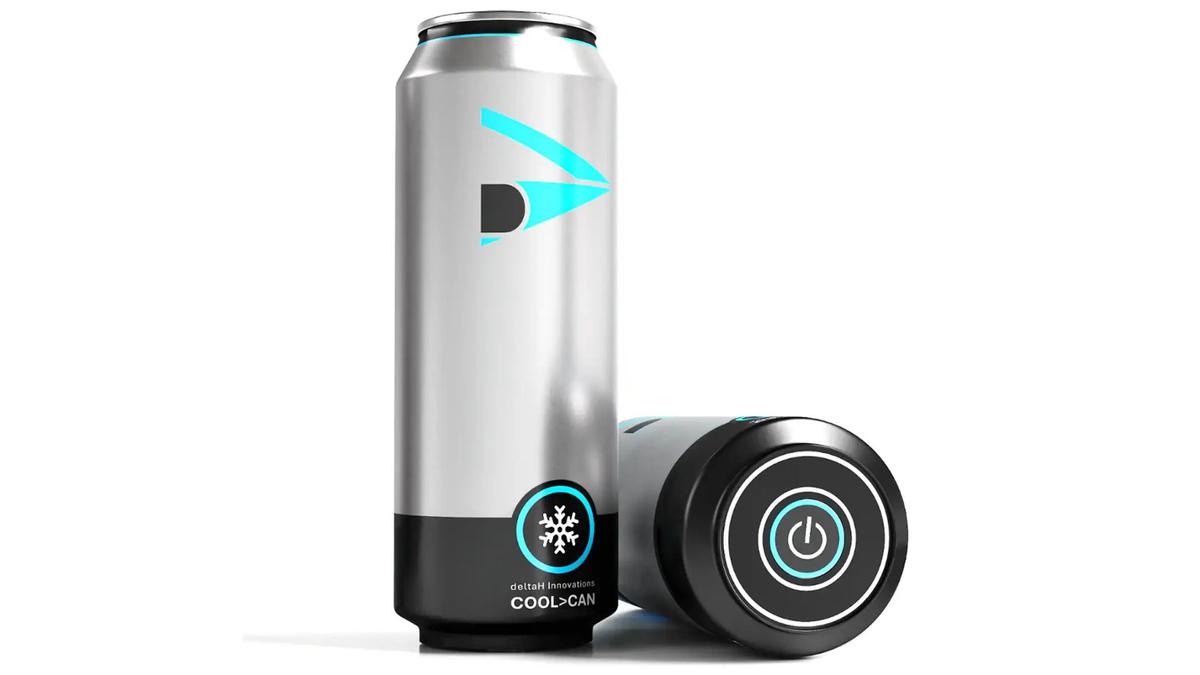Court Rules Yelp Must Unmask the Identities of Anonymous Reviewers
The Virginia Court of Appeals ruled that Yelp must reveal the identities of seven anonymous reviewers who severely criticized a local business. The court deemed that their “comments were not protected First Amendment opinions” if the Yelpers were never customers and thus, their reviews false. The game-changing decision could have negative impacts on “free speech rights on the internet,” Yelp warned, as business owners may be able to silence unfavorable critics moving forward.
Initially, Yelp refused to divulge the names of the seven anonymous Yelpers after attorneys representing Hadeed Carpet Cleaning sued the seven reviewers for defamation in July 2012 and subpoenaed Yelp for their identities. Despite Yelp’s repeated protest, the Virginia appeals court agreed 2-1 that Yelp must turn over information on the accused users.
Judge William Petty defended the decision, stating that “If the reviewer was never a customer of the business, then the review is not an opinion; instead, the review is based on a false statement of fact — that the reviewer is writing his review based on personal experience. And ‘there is no constitutional value in false statements of fact.'”
Unfortunately, Yelp is quite familiar with fake reviews and the issue has been an occurring source of contention. As for how the court’s ruling will effect those businesses in the food industry, many who would no doubt love to see Yelp close its doors, and the online reviewer experience, has yet to be determined.
Yelp has since begun its own political action committee that will enable them to collect money and lobby legislators as a way to influence policies such as the federal-level anti-defamation (anti-SLAPP) bill. Yes, it’s hardly a coincidence, Watson.
H/T Washington Times






















